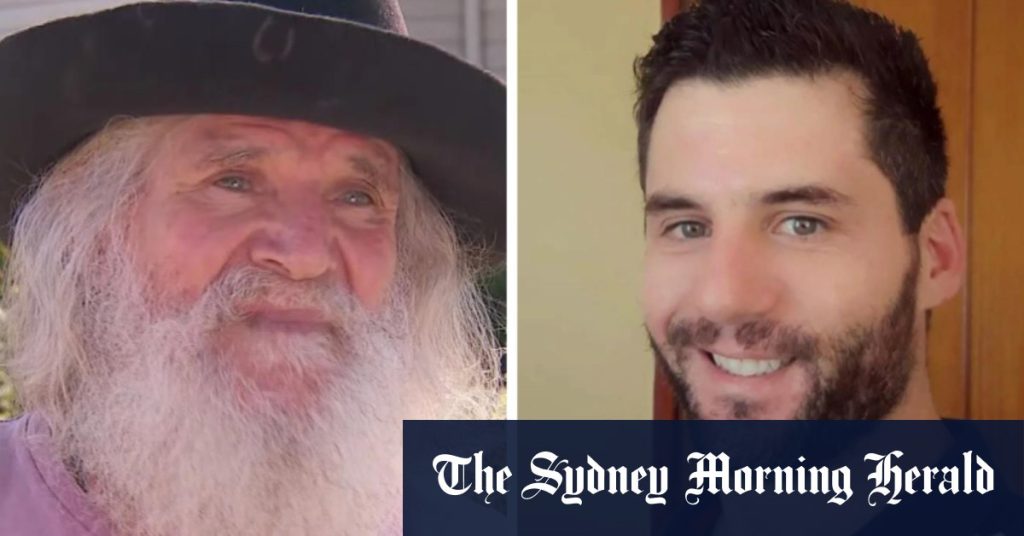Andrew Cauchi shared the heroic story of how he dedicated himself to caring for his son, Joel Cauchi, who struggled with mental illness. This sheds light on the silent struggles of families dealing with mental illness. The lack of adequate mental health services and support is highlighted by cases like Joel’s, where individuals may not receive the necessary treatment and end up in tragic situations. There is a call for more appropriate and effective mental health care, including halfway houses and staffing to fill gaps in services.
The history of mental health care in NSW is marred by failures to properly implement recommendations for community-based networks and specialist services. The absence of supported accommodation has been a major obstacle to patient recovery, leading to repeated inquiries and inquests into the sector with few improvements seen. The need for political will and resources to address the inadequacy of mental illness treatment and funding is emphasized, as society can no longer afford to let individuals slip through the cracks due to a lack of support.
The aftermath of the Bondi tragedy has prompted a $18m coronial inquiry, raising questions about where the money is best spent. With the closure of mental health hospitals and the loss of services, the focus is on delivering essential mental health support rather than costly legal processes. The role of security guards in emergency situations is also questioned, as expectations of their capabilities during crises may be unrealistic, given their primary duties in non-emergency situations.
The closure of psychiatric hospitals in the 1980s was meant to improve mental health treatment, but it highlighted the lack of necessary supportive infrastructure. The impact of this shift in mental health care can still be seen today, as individuals with mental conditions may end up in correctional facilities instead of receiving proper care. The need for better training and resources for correctional officers dealing with mental health issues is recognized, as the current system falls short in providing adequate support.
Violence against women and systemic issues of disrespect and intolerance are highlighted as significant issues that need to be addressed. A call for meaningful and nuanced conversations about violence against women, along with programs to help men manage anger and improve safety outcomes, is made. The need for change in societal norms and values to prevent further instances of violence and discrimination against women is emphasized.
The article discusses the challenges faced by students in unpaid work placements and calls for fair compensation for their efforts. Exploitative practices in workplaces where students are undertrained and exploited for profit raise concerns about modern-day slavery and the need for legal protections for student workers. The impact of unpaid work on students’ financial well-being and future prospects is highlighted, emphasizing the need for fair compensation for their contributions.
In the realm of renewable energy, the benefits of solar panels and battery storage in reducing power bills are discussed. The affordability of solar hot water systems or heat pumps as alternatives to expensive battery storage is suggested as a more cost-effective solution for reducing energy consumption. The potential for government incentives to increase the adoption of battery storage and stabilize the grid is acknowledged, potentially leading to lower emissions and greater energy self-sufficiency for consumers.













